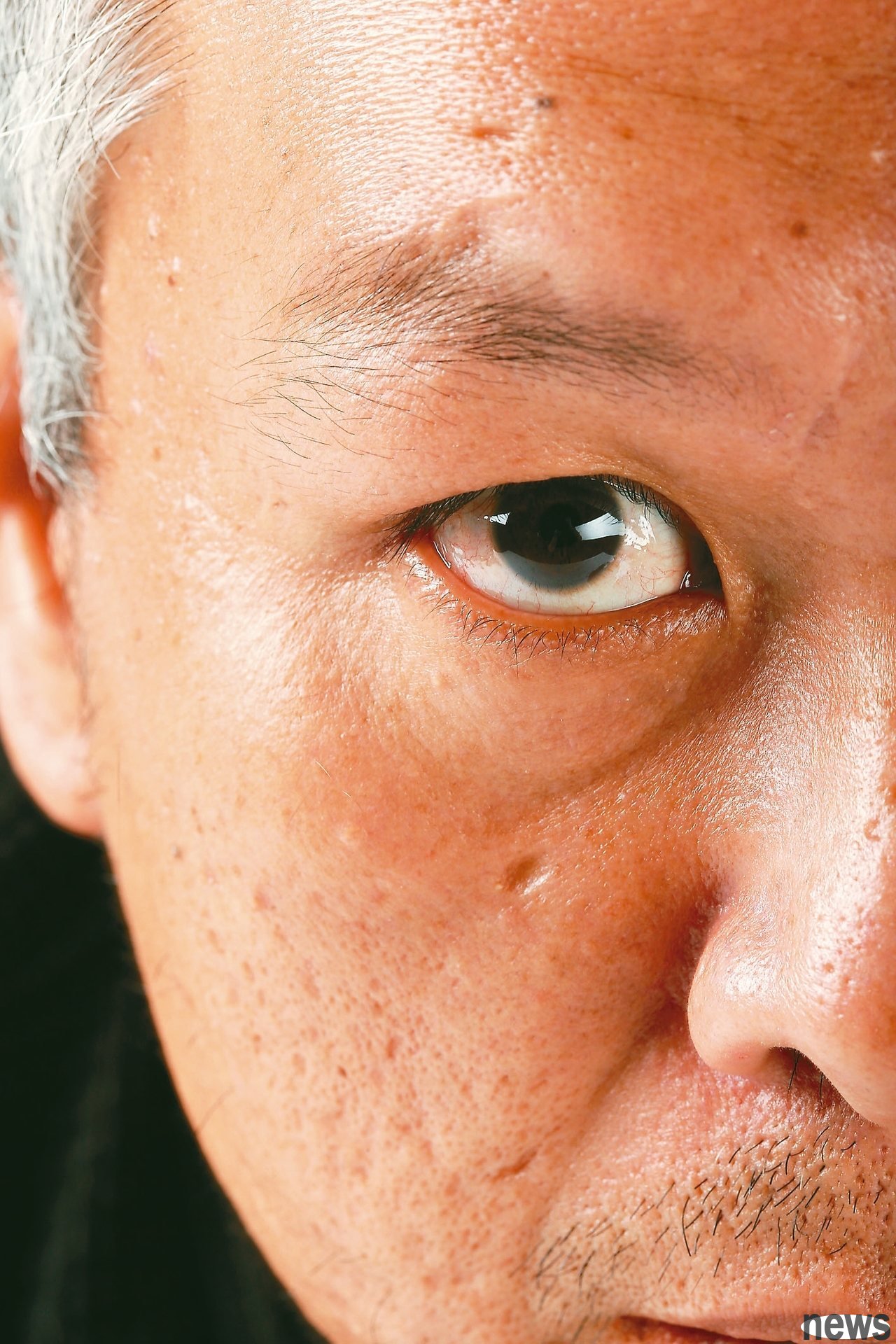
 The winter is cold. After Mr. Wang left and went home recently, he often took a self-care and found that his eyes were red. Although there was nothing wrong with anything else, he was still worried that he would be sick as soon as possible. After examination, it was found that it was the "subsection bleeding" caused by the rupture of the tiny blood vessels under the eye membrane. Only after discussing medical history with the doctor and the foods I usually eat, it may be related to the apricots and deep-sea fish oil that the old man usually eats.
The winter is cold. After Mr. Wang left and went home recently, he often took a self-care and found that his eyes were red. Although there was nothing wrong with anything else, he was still worried that he would be sick as soon as possible. After examination, it was found that it was the "subsection bleeding" caused by the rupture of the tiny blood vessels under the eye membrane. Only after discussing medical history with the doctor and the foods I usually eat, it may be related to the apricots and deep-sea fish oil that the old man usually eats.
The fertilization trend is growing, and many people are interested in supplementing various types of health foods. Although health foods do not promote medical efficacy, they can still play a physiological role. The doctor reminds that excessive consumption will bring negative effects.
Cai Jingyao, the attending ophthalmologist of the Central Hospital of Taipei Municipal United Hospital, said that many people have heard of silver apricots that nourish the kidneys, fish oil to protect the eyes, and red koji lowers tarts, but these health foods also have the effect of "blood opening". In clinical practice, people have not eaten a single dose, but because of the large number of eating, they still have a certain anticoagulant effect, increasing bleeding risks. The common clinical symptom of this type of patients is that subcavity bleeding occurs when the cold wind blows in winter, or ophthalmic surgery is performed, which makes it easier to bleed.
The Kaohsiung General Hospital of the National Army has studied and analyzed 1,100 patients who underwent cataract surgery but did not inform them of taking health food before surgery. They found that up to half of the cases of eye bleeding occurred during or after surgery, two of which were severe intraocular bleeding, and eighty percent were severe and low sub-colonal bleeding. These people all took apricots, deep-sea fish oil, naphthala, red koji or red sedum before surgery.
Wu Peichang, director of the Department of Ophthalmology at Changgeng Hospital in Kaohsiung, had met patients who usually eat health foods with anticoagulant effects. They did not inform the doctor before surgery, nor did they stop taking the surgery, which caused them to undergo surgery with larger injuries, such as cleavage surgery for treating vitiligo membrane detachment, or extracapsular removal required for cataracts. After the surgery, the blood flowed continuously and then rushed to the emergency clinic.
Cai Jingyao suggested that before buying health food, you must ask a qualified pharmacist to see if the product in front of you has similar effects as other products and drugs you are taking, or has interactions, and confirm the dosage and method before purchasing.
Shen Caixiong, spokesperson of the National Association of Chinese Medicine Association, said that common health products or foods that affect coagulation include Chinger, ginger, flax seeds, dandelion, red flower, Chuanxiong, garlic, prickly glutinous rice, etc. Before undergoing surgery with larger bleeding, the use should be stopped for at least one week, and a list of the medicines and health products you are taking and inform the doctor.
Xiao Dinger1. Before buying health care products, ask whether there is a conflict between the qualified pharmacist and other products and drugs he is taking.
2. Before surgery, it is advisable to list a list of the medicines and health products you are taking and inform the doctor.
3. Before surgery, it is advisable to stop using health care products that affect coagulation for at least one week.
4. Common health care products that affect blood coagulation include apricots, deep-sea fish oil, nagano, red koji, red sedum, ginger, ginger, flax seeds, dandelion, red flower, chuanxiong, garlic, prickly sedum, etc.